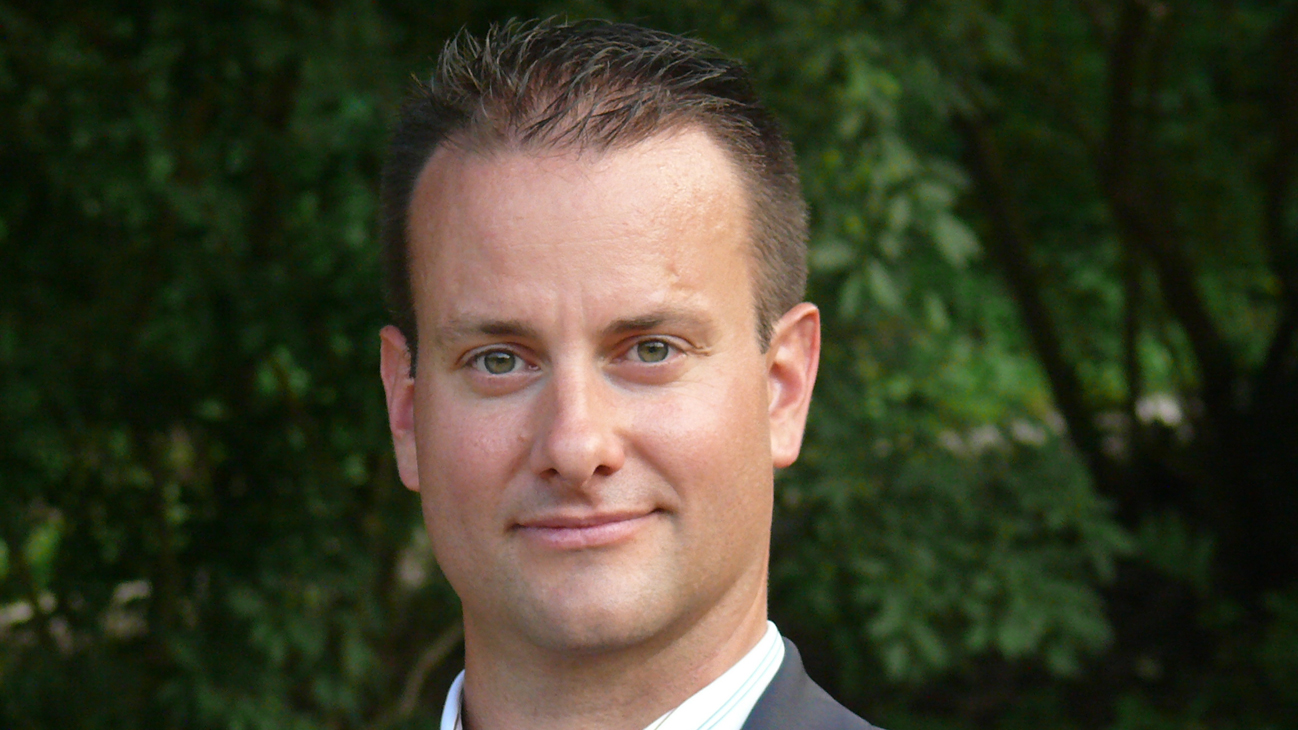Dr. Greg Wells knows that the connection between body and mind has a huge impact on performance. So how do you keep up with today’s fast-paced, competitive landscape without burning out? In this article written for The Globe and Mail, Dr. Wells offers some advice about what we can do to take care of our bodies and minds to maintain our edge in the future:
Creativity does not happen by accident. Advances in physiological research can provide us with insights about how we can spark our own agile thinking and problem solving.
A good place to start is to sleep more, not less. When we are under pressure, it can be tempting to claw back some hours in the day. If you need to solve a problem or come up with a new creative approach, reducing your sleep hours is the opposite of what your brain needs. Have you ever woken up in the middle of the night and had a “Eureka!” moment – a deep insight? I certainly have; it’s one reason I keep a notebook by my bed. I need to ensure that I capture the insights generated during sleep.
Creative problem solving appears to happen during the REM phase of sleep, which typically occurs more in the second half of your sleep, if you’re getting the recommended 7.5 hours. In a 2009 study at the University of California, San Diego, researchers found that REM sleep “directly enhances creative processing more than any other sleep or wake state.” So, if you need to build more creativity into your life, give yourself permission to sleep a bit more.
You can also sprinkle physical activity into your day to improve your creativity and learning. Scientists at the University of California, Irvine found that exercise can increase levels of brain-derived neurotrophic factor (BDNF) and other growth factors, stimulate neurogenesis, and improve learning and mental performance. As little as 15 minutes of exercise improves mental performance, so why not add this to your day, before important tasks? Go for a short walk before a presentation. Have a walking meeting if you need to problem solve. Or, if you can start your day with a workout, you’ll prime your brain for excellence and begin the process of remodeling the areas of your brain that will help you think more clearly.
If you’re wondering what kind of exercise is best for creativity, research suggests that aerobic activities like walking, swimming, cycling and running are best. Exercising in nature appears to be specifically helpful for problem solving. That can be as simple as a brisk walk in a local park.
One last idea to consider is adding deliberate mindfulness practice and meditation to your daily routine, especially on days when you need to spark your creativity. Practising mindfulness and meditation has been shown to improve attentional control, problem solving, concentration and creativity. New imaging techniques – including functional magnetic resonance imaging, which shows brain activation, and diffusion tensor imaging, which shows the neural networks in the brain – demonstrate that mindfulness and meditation can improve brain function.
Think of meditation as strength training for the brain. Just as you would lift weights to build and strengthen your muscles, you can use meditation to build and strengthen your brain and then, in addition, control and sharpen your mind. Try apps like headspace.com or calm.com to get started.
Read the whole article here.

